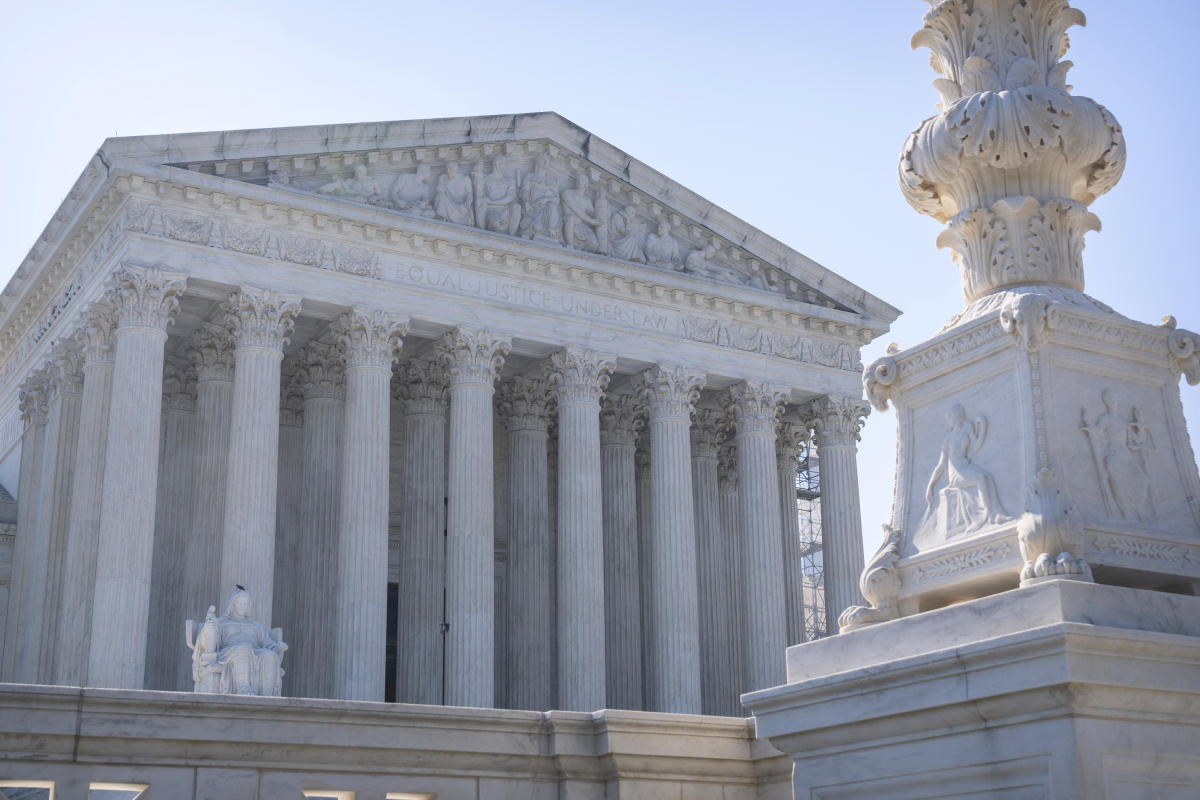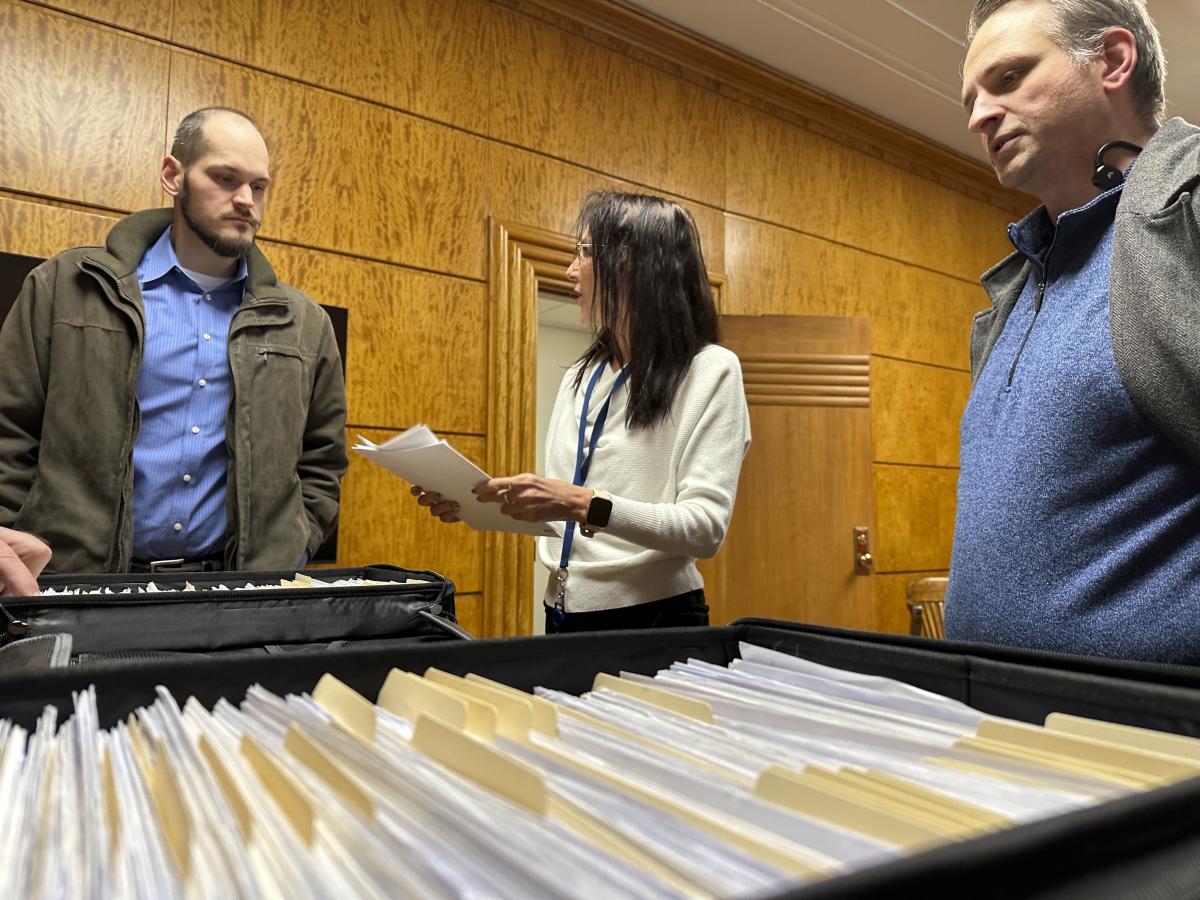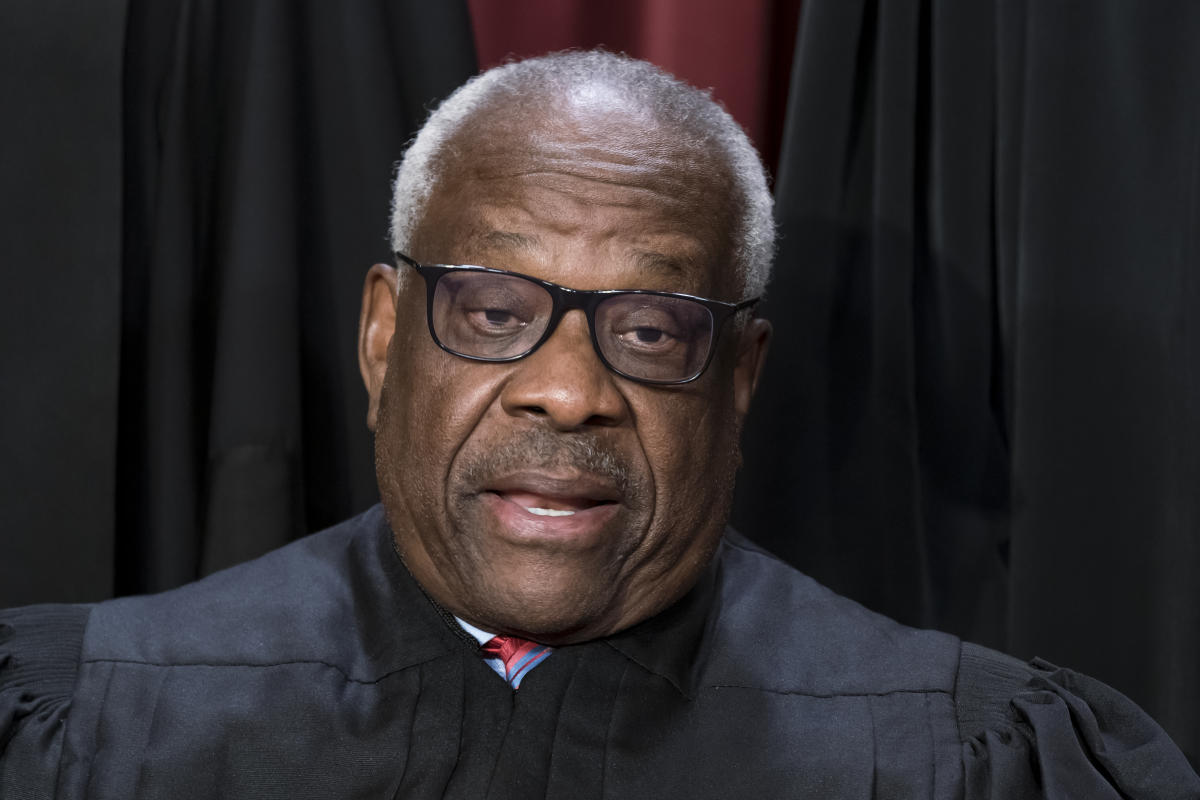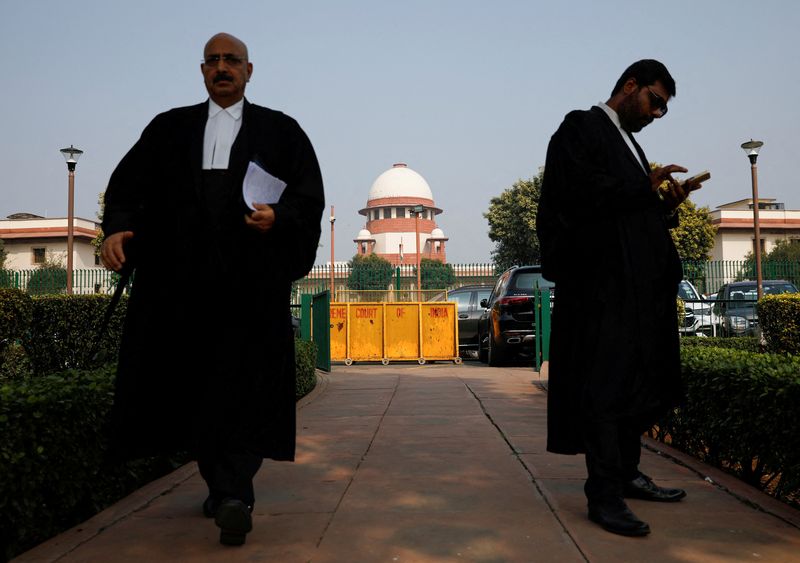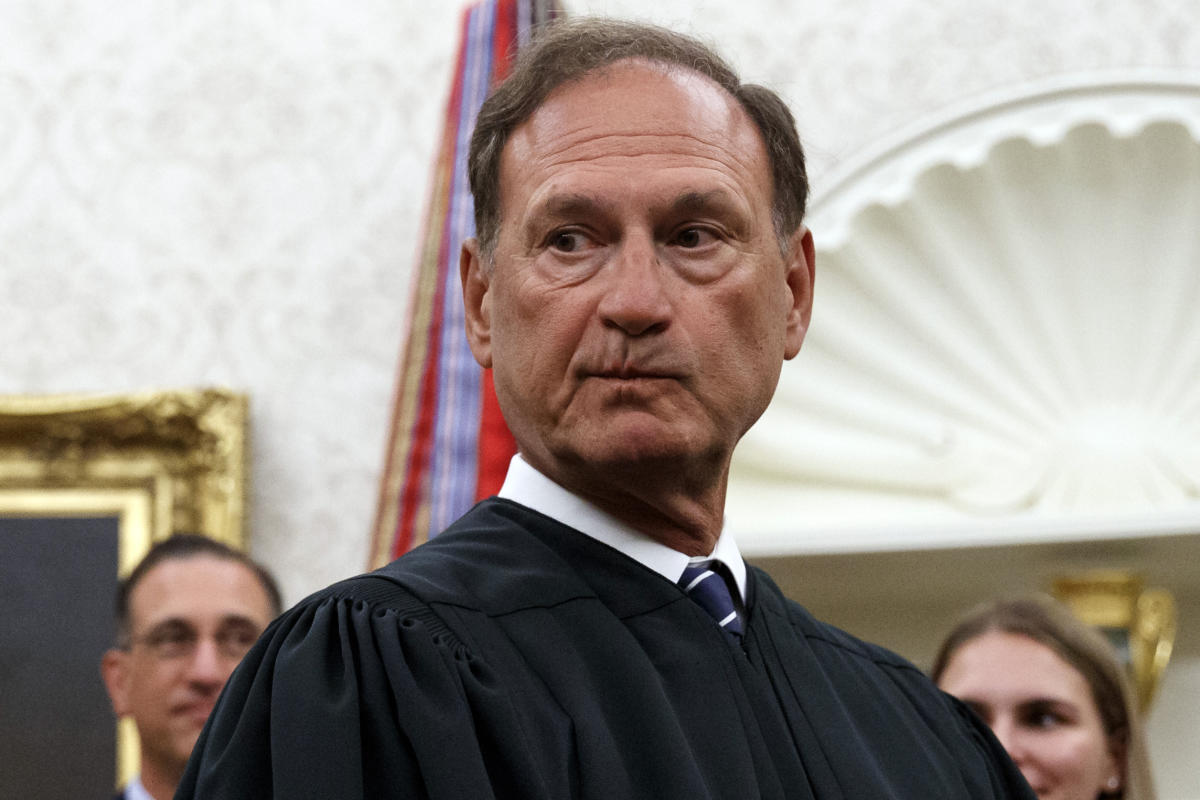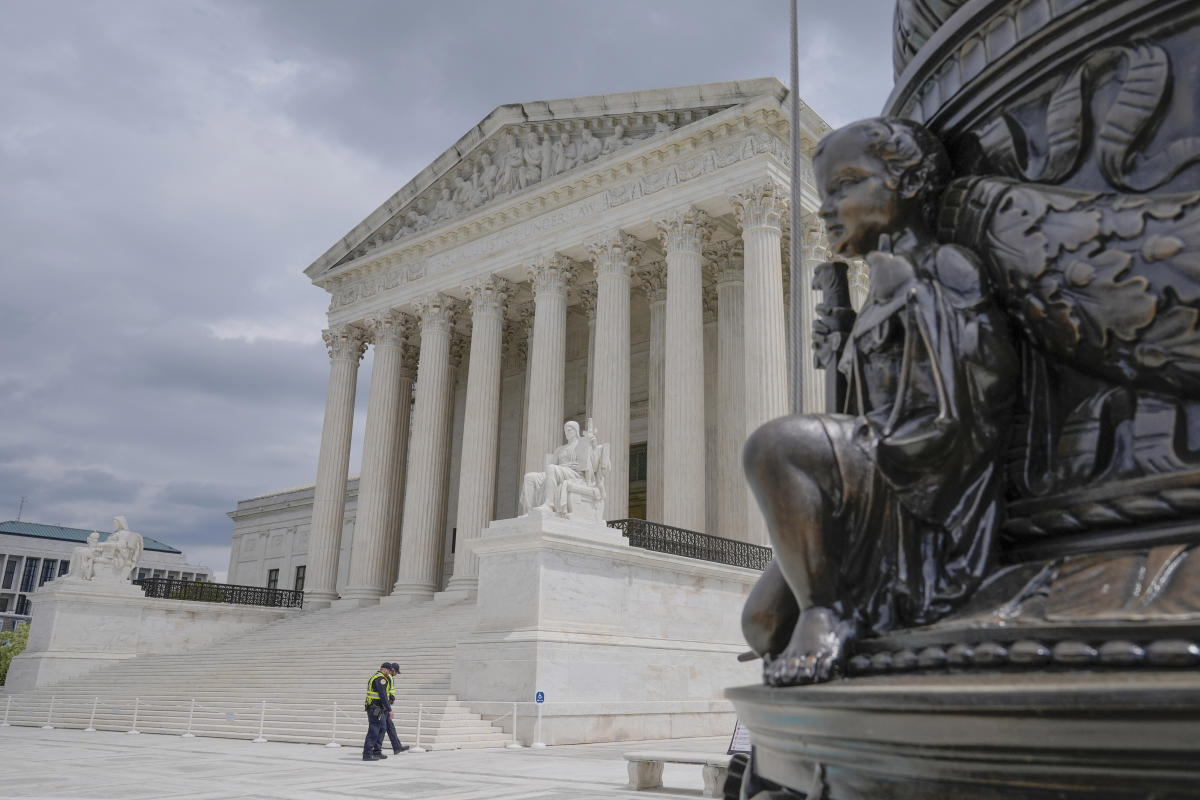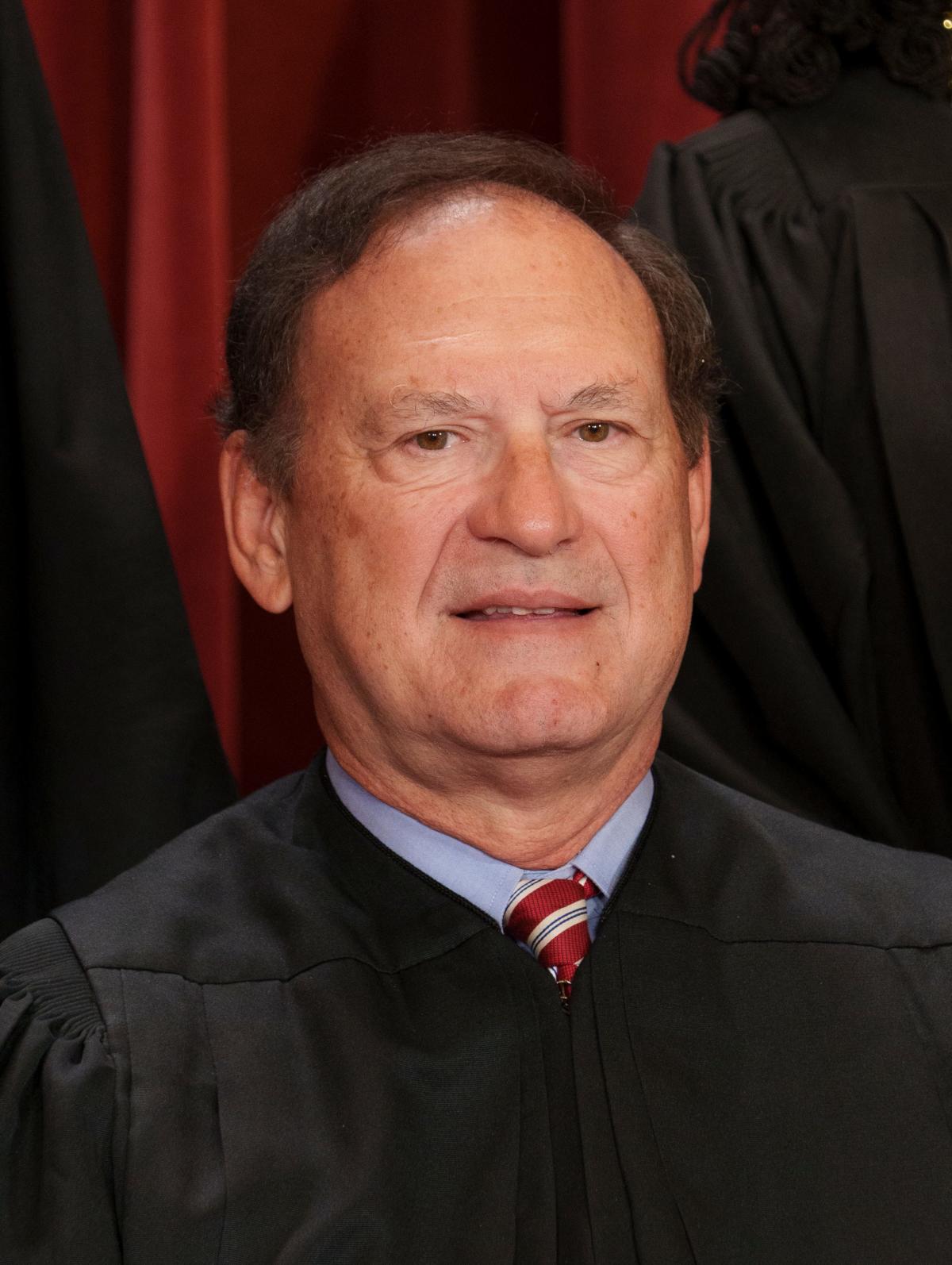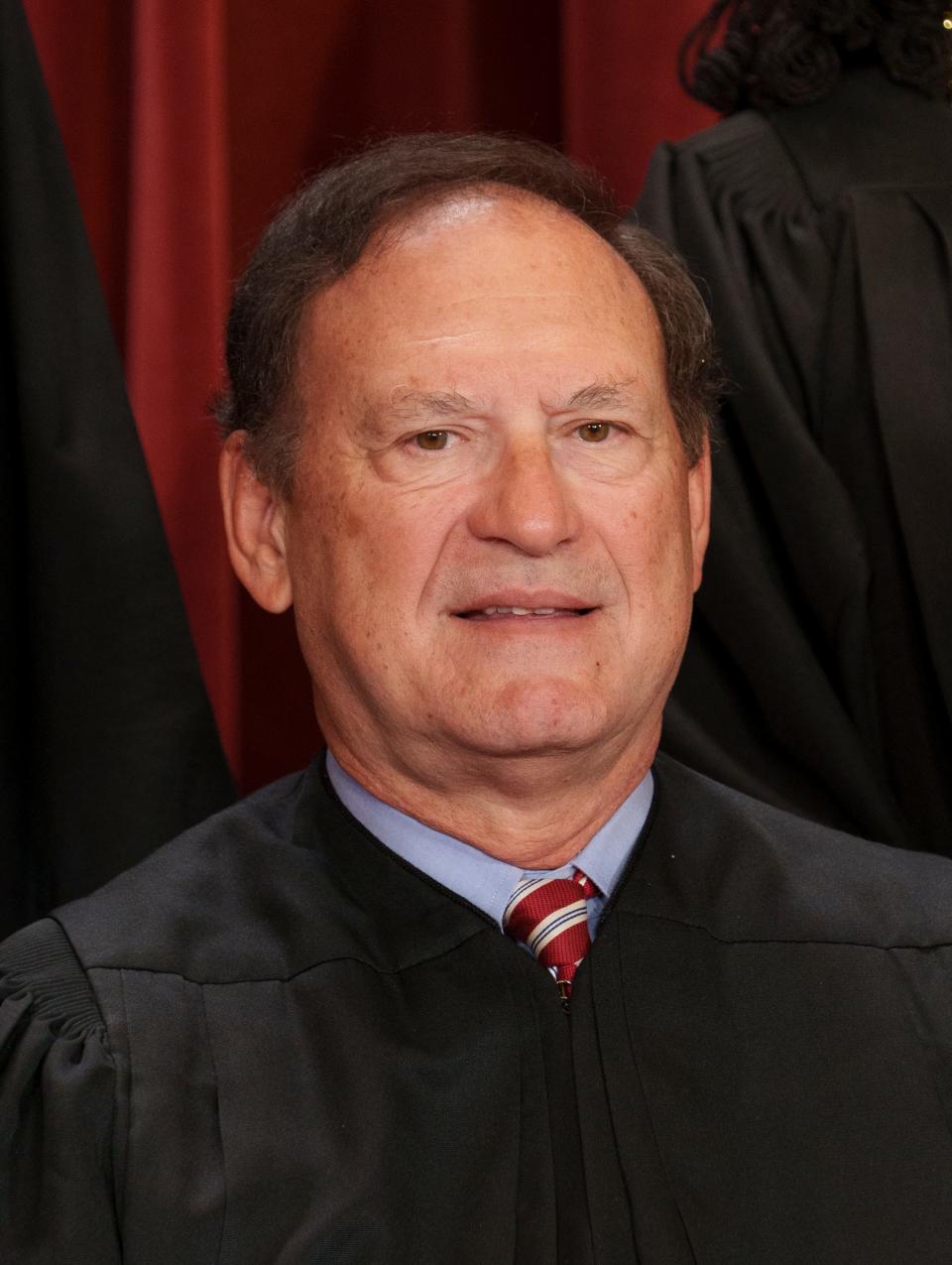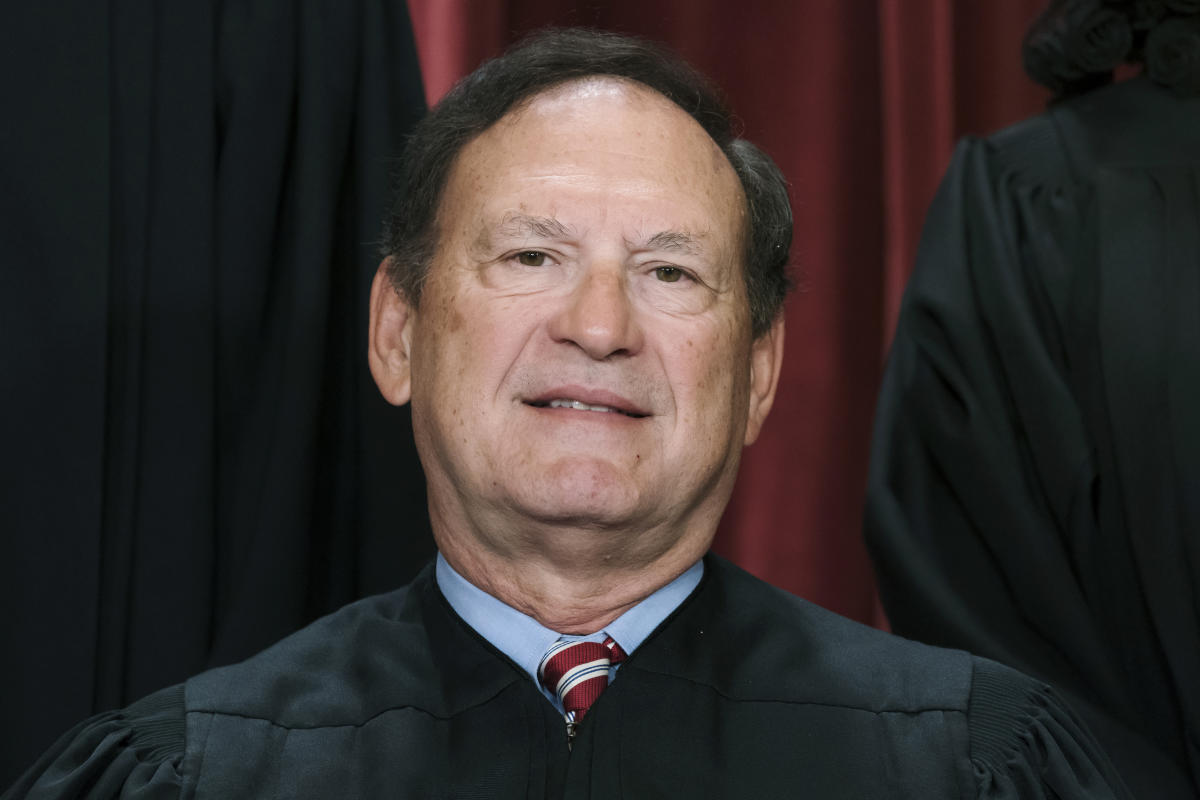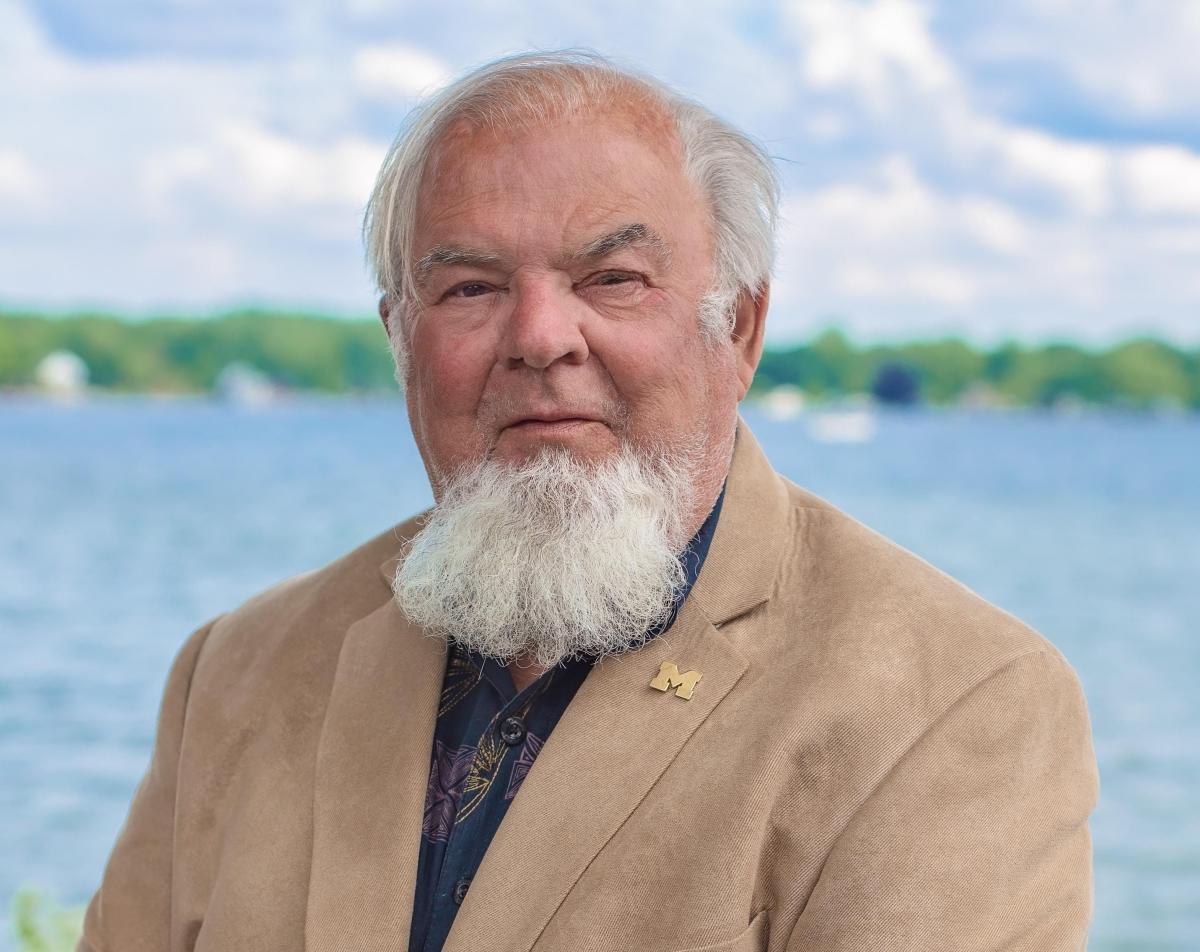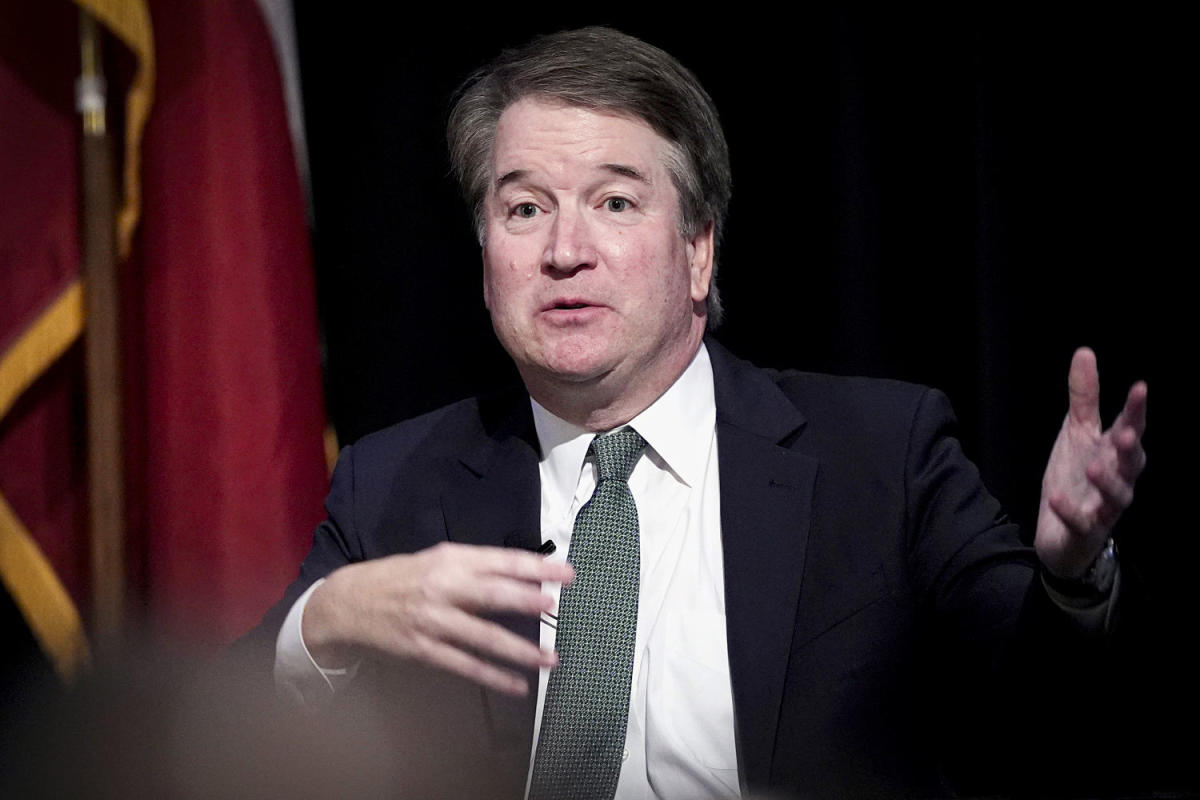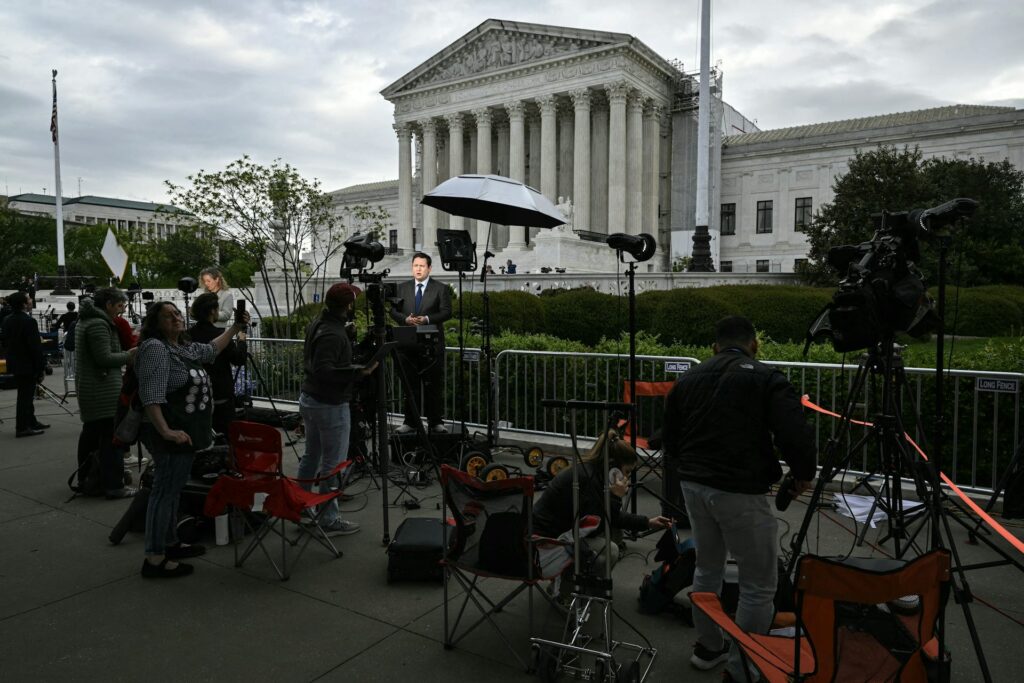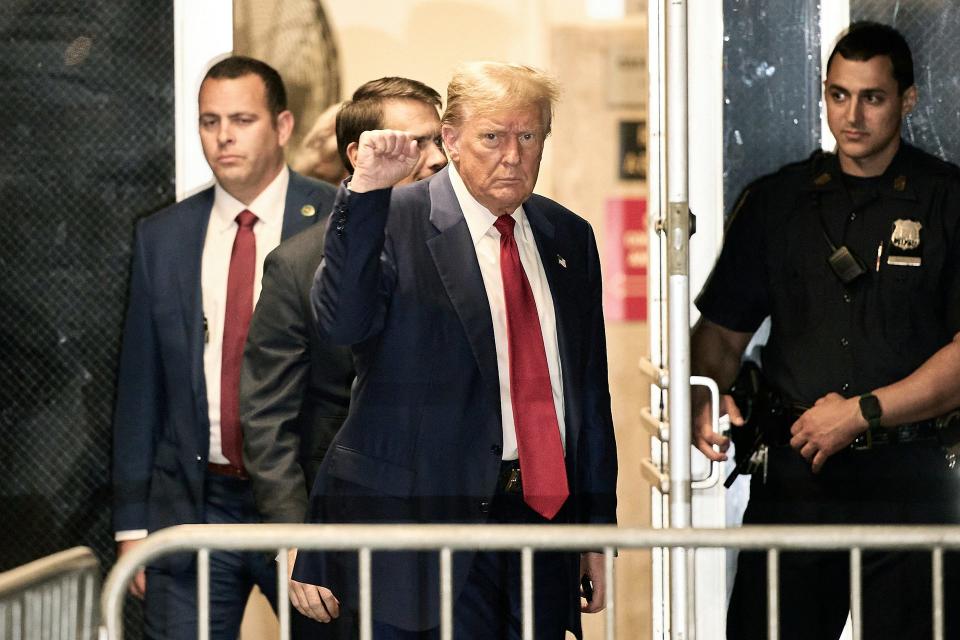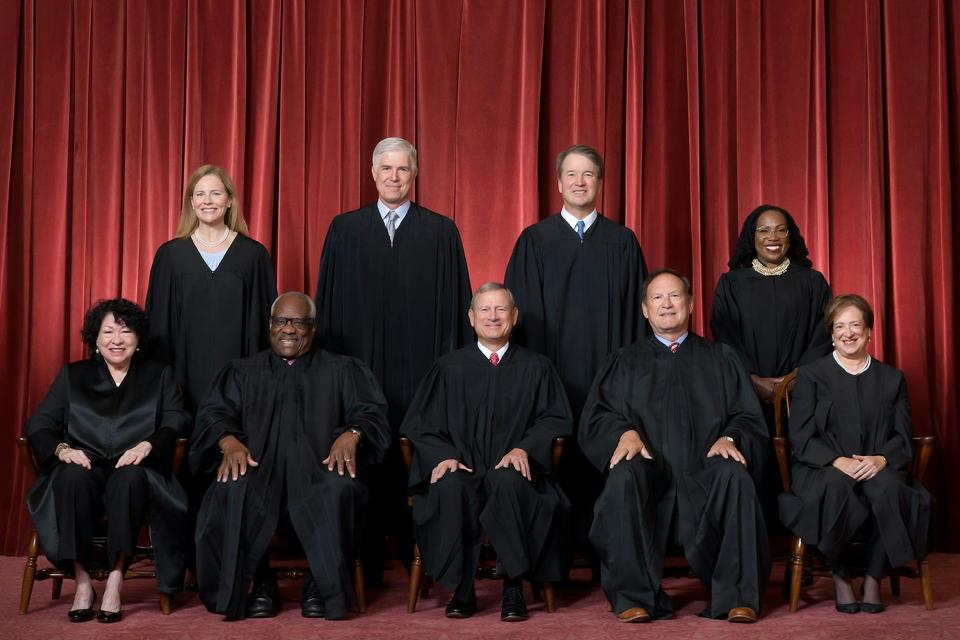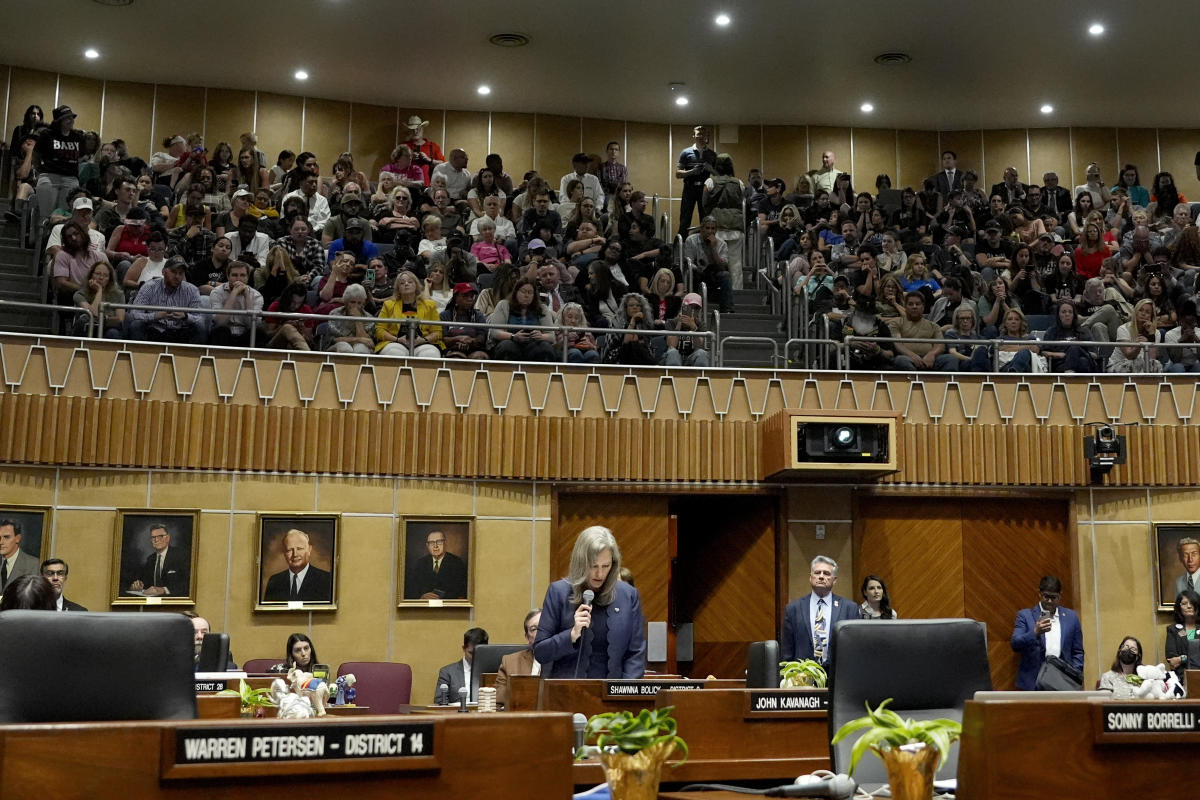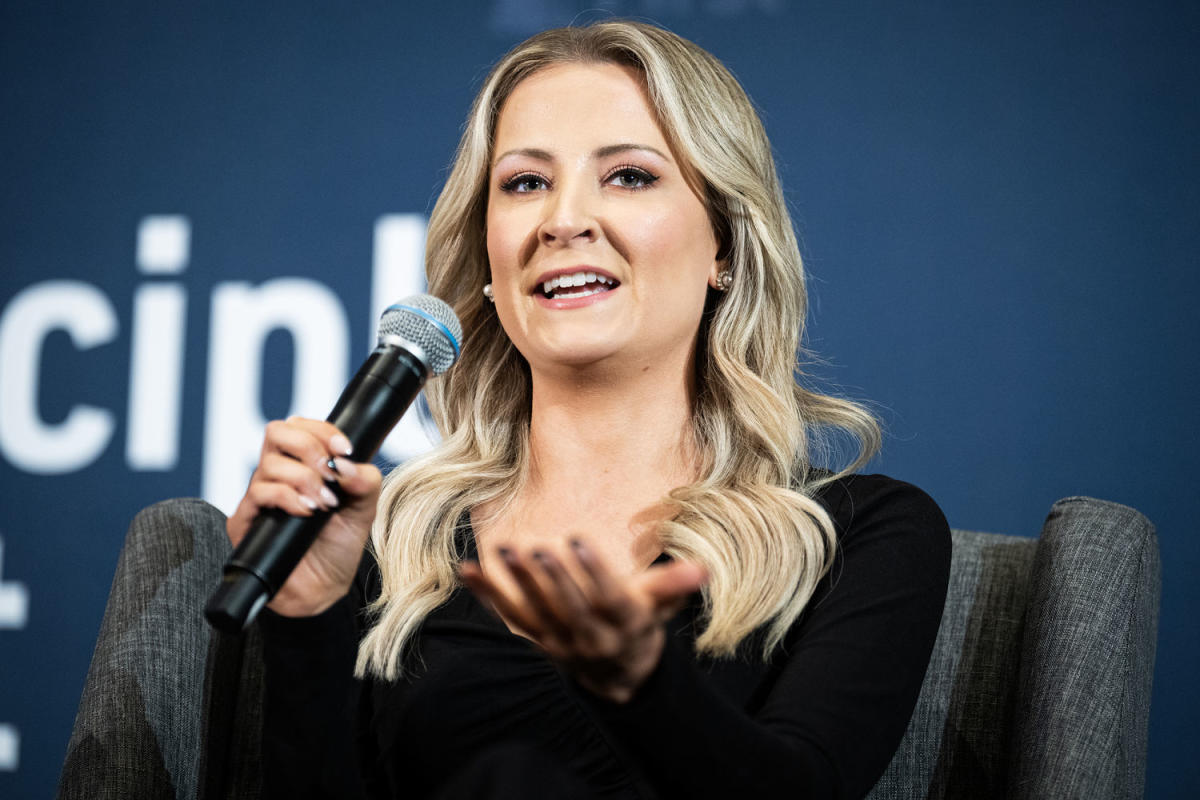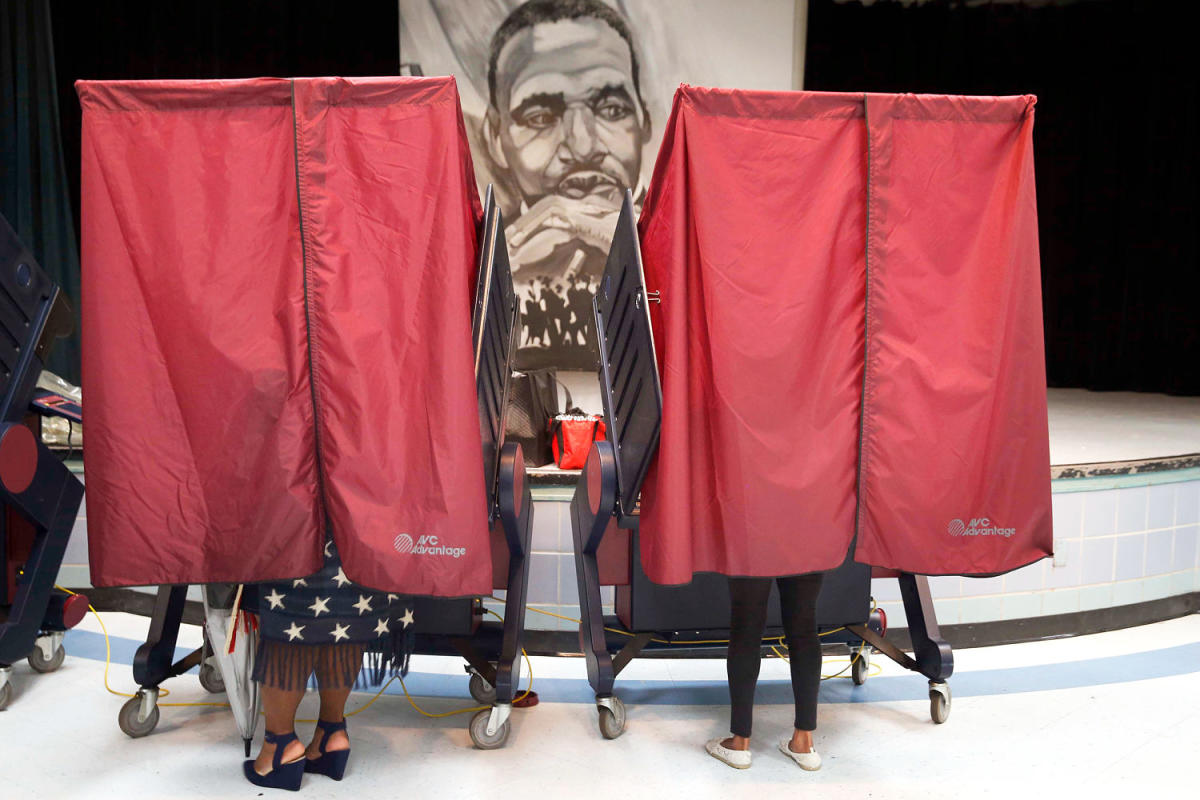CHICAGO (AP) — Sen. Tammy Baldwin, dealing with a hard reelection battle in among the races that will figure out control of Congress, has actually made safeguarding reproductive rights a foundation of her project, and she wants to back that up by promising to alter the Senate filibuster guidelines if Democrats keep control of the chamber.
The Wisconsin Democrat stated taking that action is required to make sure that females in every state -– not the federal government -– can choose on their own whether to have an abortion. As part of her project, she cautions that Republicans may likewise target the filibuster to enforce a nationwide abortion restriction if they dominate in November.
“Republican politicians have actually revealed time and once again that they will stop at absolutely nothing in their pursuit of managing females’s bodies – and I think them,” she stated.
Democratic incumbents and oppositions running for the Senate this year state they wish to bring back a nationwide right to abortion, and numerous, like Baldwin, honestly state they would support suspending the filibuster to do so. It’s ended up being an essential talking point as they attempt to profit from the across the country fight over abortion rights that has actually typically assisted Democratic prospects given that the Supreme Court reversed constitutional securities 2 years back.
Republicans have actually slammed Democrats for wishing to alter the guidelines and are emphatic they would refrain from doing so if they win the presidency and Senate.
Sens. Susan Collins of Maine and Lisa Murkowski of Alaska, 2 popular Republican advocates of abortion rights, have actually presented legislation indicated to codify the securities that had actually been developed by Roe v. Wade. In a declaration, Collins stated she “will oppose any effort to deteriorate the legal filibuster” by either celebration.
Senate guidelines need 60 votes to end dispute over an expense, successfully making it the minimum variety of votes required to pass legislation, as a way to supply an examine the bulk. In an age of polarization and political gridlock, this number, rather than an easy bulk in the 100-member Senate, has actually been an obstruction for the celebration in power to promote its program on concerns such as ballot rights and migration.
However whichever celebration has control of the Senate can alter the guidelines and take exceptions to the filibuster with just an easy bulk vote. That action has actually been described as the “nuclear alternative” in the couple of times it has actually been used.
Democrats, under then-Majority Leader Harry Reid of Nevada, did this for all judicial elections however the Supreme Court in 2013, when Democrat Barack Obama was president and Republican politicians had actually consistently obstructed Democratic candidates. GOP leader Mitch McConnell of Kentucky stated Reid would be sorry for that choice – and Republicans later on altered the filibuster guideline for Supreme Court candidates when they reclaimed control.
That permitted Republican politician Donald Trump, while in the White Home, to put 3 conservative justices on the court, consisting of Justice Amy Coney Barrett, who was verified about a week before the 2020 election. She assisted form the court bulk that reversed Roe v. Wade.
While neither celebration has actually presumed regarding alter the guidelines for legislation, numerous Democrats in Senate races this year have actually enthusiastically supported doing so, specifically to secure abortion rights.
“If NASA had the guidelines of the United States Senate, the spaceship would never ever leave the launchpad,” Arizona Sen. Mark Kelly stated in an interview this month with NBC News. “So sometimes, at the proper time — I believe this is among them -– I would think about altering those guidelines to make certain that females can get the healthcare they require.”
Pennsylvania Sen. Bob Casey stated “he has actually been on the record for many years” that the guidelines need to be altered and still supports that position. Minnesota Sen. Amy Klobuchar has actually consistently required removing the filibuster to secure abortion and ballot rights given that Roe v. Wade was reversed.
Debbie Mucarsel-Powell, who formerly served one term in your home and is the leading Democratic Senate prospect in Florida, stated in an NBC News interview this month that she is “quite in favor of stopping briefly the filibuster and ballot for a female’s right to select to codify Roe v. Wade.”
Her challenger, Republican politician Sen. Rick Scott, railed versus Mucarsel-Powell’s assistance for stopping briefly the filibuster. He did not discuss whether he would support stopping briefly the filibuster to limit abortion nationally however has actually staunchly protected it in the past, calling it “an important and required guideline to secure minority celebration rights.”
“Should it be ‘stopped briefly’ to pass the Green New Offer? What ready to stack the Supreme Court or remove the Electoral College?” Scott stated in a declaration to The Associated Press that referenced his challenger. “Should we eliminate it completely or just pause it when (Senate Bulk Leader) Chuck Schumer informs her to? Be sincere with individuals of Florida about where you fix a limit on ‘stopping briefly’ democracy, Congresswoman.”
It’s not simply Democratic legislators and prospects. In 2022, President Joe Biden stated he supported a carve-out to the filibuster to codify abortion rights, a concept warded off by 2 moderates who chose versus running for reelection this year, Sens. Joe Manchin, D-W.Va., and Kyrsten Sinema of Arizona, a Democrat turned independent.
Political specialists state there may be heavy pressure from anti-abortion groups to raise the Senate filibuster if the GOP gains complete control in Washington, however nationwide companies have actually de-emphasized the concern, a minimum of openly.
When asked last month in a Time publication interview if he would ban an expense that would enforce a federal restriction, Trump did not respond to straight. Rather, he stated “there will never ever be that possibility” due to the fact that Republicans, even if they reclaim the Senate in November, would not have the 60 votes required to get rid of a filibuster and bring the expense to a vote.
Kristi Hamrick, representative for Trainees for Life, stated steering around the filibuster is not a “sensible circumstance” due to the fact that the group has actually not seen collaborated efforts underway to do so. Rather, she stated if Trump is chosen, the group would press him to think about taking administrative actions to limit abortion, consisting of prohibiting the mailing and online sale of abortion tablets.
Carol Tobias, president of the National Right to Life Committee, stated the company has actually never ever taken a position on the concern and rather implicated Biden of being “intent on preventing the filibuster.”
Democrats and abortion rights groups state they are hesitant Republicans would not try to raise the filibuster guideline for a federal restriction.
Mini Timmaraju, president of the nationwide abortion rights company Reproductive Flexibility for All, stated the GOP and anti-abortion forces “are prepared to utilize every tool in their tool kit to prohibit abortion across the country, which consists of preventing the filibuster.”
Gov. Gretchen Whitmer, D-Mich., likewise alerted of a nationwide restriction if Republicans win the presidency and Congress.
“We cannot rely on anything that Donald Trump states when it concerns abortion,” Whitmer stated just recently. “So nobody must take any convenience in the reality that yes, he desires an abortion restriction however he won’t get it due to the fact that he doesn’t believe we’ll have 60 votes in the Senate. Baloney.”
Trump has actually voiced conflicting views on the guideline, depending upon whether his celebration managed the Senate. In 2017, his very first year as president, he required an end to the filibuster to move his program forward, consisting of reversing the healthcare law enacted under Obama and constructing a border wall. However in 2021, a year after he lost his reelection quote and with Democrats managing Congress, he stated eliminating the filibuster would be “disastrous for the Republican politician Celebration.”
A number of high-ranking members of the Senate GOP — consisting of Sens. John Thune of South Dakota, John Cornyn of Texas and John Barrasso of Wyoming — have actually stated they are strongly versus raising the filibuster. Thune and Cornyn are going to change McConnell when he steps down from management after the November election.
Sen. Jim Lankford, R-Okla., stated this previous week that GOP senators have actually gone over the concern throughout personal conferences, which he and others have actually stated they desire guarantees from those running for leader that they will not alter the guidelines.
“It is something distinctively American to be able to have a location in federal government that both sides need to belong of,” Lankford stated.
___
Associated Press author Mary Clare Jalonick in Washington added to this report.
___
The Associated Press gets assistance from numerous personal structures to boost its explanatory protection of elections and democracy. See more about AP’s democracy effort here. The AP is exclusively accountable for all material.

